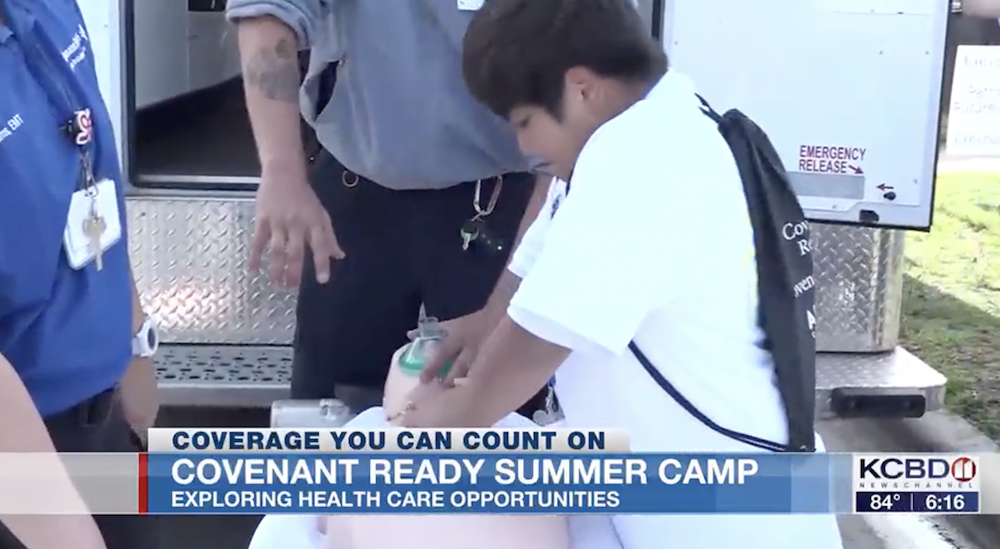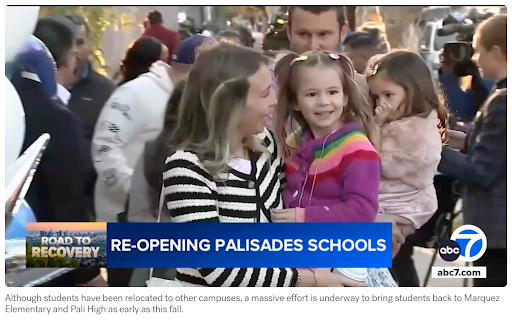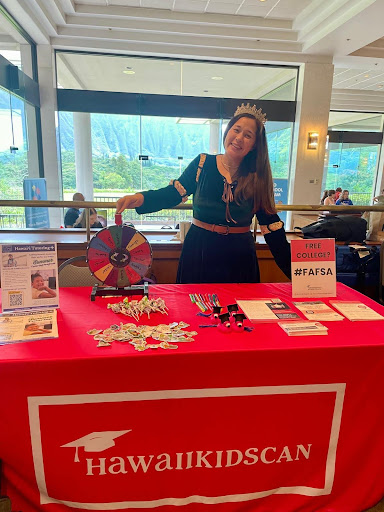Jump to: Top Tasks | From the Field | Key Resources | Moments of Resilience
It is week 46 of our new reality and as we approach the one-year mark since school buildings in many states were shuttered, it is clear that despite the promise of a vaccine, the nation has yet to turn the corner. With the virus now present in every county in America and a majority of children still being educated virtually, the need for bold action is as urgent as ever.
“While it is clear that many students learning remotely are falling behind, few districts have comprehensively assessed where their students are, and what skills they have and have not learned since schools across the country closed last March. As a result, we don’t know what approaches to remote instruction have worked or failed,” writes Kate Taylor for the New York Times, “but some of the early data is deeply troubling.”
Addressing this learning loss must be a top priority at every level of our government. Today, in the New Reality Roundup, we look at some promising solutions that states can begin implementing immediately, without needing to wait for the federal government to act.
SUBSCRIBE
Given the need for immediate action, organizations will need to collaborate to move forward quickly and efficiently. That’s why starting today with the memo Tutoring as an Emergency Response, we will be making the internal advice and resources we provide to our state teams available to everyone looking to put ideas into action on behalf of kids.
The coming weeks will be some of the most difficult we have faced in this crisis, but we’re confident that by working together, educators, advocates and policy makers can ensure that we put kids and families first and overcome all the obstacles in our way.
TOP TASKS
Take action now on tutoring
“Tutoring is an intervention increasingly under discussion—and with good reason. It is one of the few educational strategies that we know works for almost all kids,” writes 50CAN’s Policy Advisor Liz Cohen in a new memo to our executive directors. “States don’t have to wait to see if these national ideas get traction. As additional federal relief funding begins to flow, they have an opportunity to lead the way forward by ensuring those dollars support programs that immediately help students and families.”
The policy memo outlines five principles for effective tutoring programs and offers four options for scaling up tutoring right now to help kids: 1) post-secondary partnerships, 2) community-based learning pods, 3) leveraging paraprofessionals and 4) reimagining virtual learning.
We will be holding a virtual forum on state-level tutoring initiatives hosted by 50CAN board chair Pastor Michael Phillips on February 10 from 2:30-3:30pm ET where we can continue the conversation.
THE TASK OF THE WEEK IS
Learn from Tennessee’s Special Session
Advocacy organizations across Tennessee, including TennesseeCAN, have been calling on state leaders to meet the big needs across the state with bold actions, and last week Governor Bill Lee and the Tennessee legislature responded with a “whirlwind special session” that resulted in $160 million in new education spending to address learning loss.
The use of a special session “allowed lawmakers to quickly approve major programs for schools before taking on other bills,” write Meghan Mangrum and Natalie Allison for the Tennessean. “It was the third special session Lee has called since taking office in 2019.”
The package creates the Tennessee Accelerated Literacy and Learning Corps which will provide struggling students with quality, year-round tutoring alongside an extensive remediation plan, including requirements that districts hold summer camps for students that are behind in literacy and math. It also includes raises for teachers, assurance that the state will hold standardized testing this year but with accountability waivers for educators and new requirements for schools to teach phonics-based literacy.
TennesseeCAN Executive Director Victor Evans, who has been a leading voice for a robust response to the crisis over the past year, offered high praise: “We at TennesseeCAN applaud Governor Lee, Commissioner Schwinn and the entire General Assembly for their leadership and swift action in prioritizing the needs of Tennessee’s students and schools during the special legislative session this week. Their collective work… may well go down as one of the most important week’s in our state’s history in support of students.”
THE TASK OF THE WEEK IS
FROM THE FIELD
The JerseyCAN team has been working to strengthen and diversify the teaching workforce in the Garden State, building upon a comprehensive blueprint they released in 2020. Now, through the leadership of Senator Teresa Ruiz, a package of eight bills has advanced out of the Senate Education Committee to put many of these ideas into practice by requiring annual reports on the teacher workforce, creating a teacher apprenticeship program and piloting an initiative that matches male teachers of color with established mentors.
In Colorado, Transform Education Now surveyed over 500 families over the course of the last two months. Among the headlines: parents report that students are receiving only 15 hours a week of live instruction and families have spent an average of $1,541 of their own money on new educational expenses since last March.
DelawareCAN, in collaboration with the Delaware Department of Education and Barclays Bank, launched a new website, Aprende Mas. The site, which is geared toward Spanish-speaking families, provides educational resources and information and the team plans for it to become a hub for grassroots efforts over the coming months.
Key Resources
- Education Next is out with a new survey of parents on schooling during the pandemic. Among the findings: a majority of students are still in virtual settings and parents are reporting significantly less learning in virtual classrooms.
- Education Week, whose maps and tracking have proved invaluable throughout the pandemic, are out with a new map showing where teachers are eligible for early vaccination.
- The Thomas B. Fordham Institute has a new study on how states can measure student achievement growth despite an absence of 2020 testing.
- Fordham also takes a hard look at segregation and diversification efforts in the state of Ohio.
- The Center for Information and Research on Civic Learning and Education (CIRCLE) published a report on how to shift to more equitable civic learning.
- The Grade’s Alexander Russo interviews San Francisco Chronicle Reporter Jill Tucker on the challenges of reporting on school reopening plans.
- The American Federation of Children is out with their annual poll, showing continued high levels of support for school choice among Black and Latino families.
- The Learning Policy Institute also advocates for tutoring programs as an emergency response strategy.
- AEI will host a panel discussion later today on how schools should spend federal Covid-19 aid.
- The National Parents Union will host a webinar this Thursday to offer support and resources for learning pod leaders.
Moment of Resilience

Charvi Goyal, a 17-year-old high school student from Plano, Texas, begins a virtual math tutoring session with a junior high school student. Goyal and her friends launched TutorScope, a volunteer-based tutoring program, at the beginning of the pandemic that has now grown to 22 tutors and over 300 students. “Because everyone is going through the same thing, you know that your tutor is also having the same struggles learning right now that you are,” Goyal explains.







